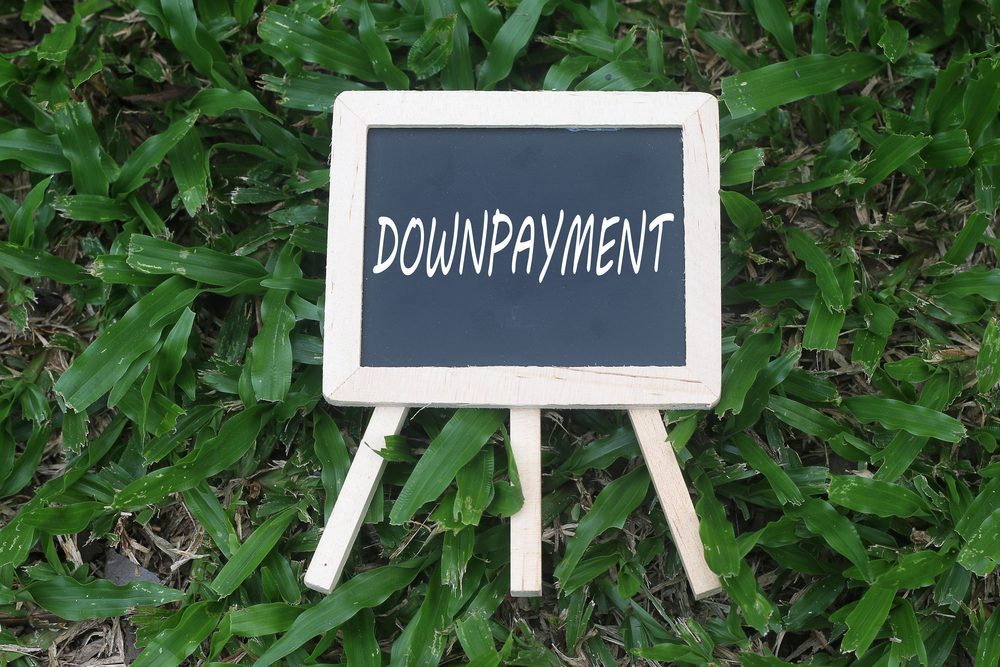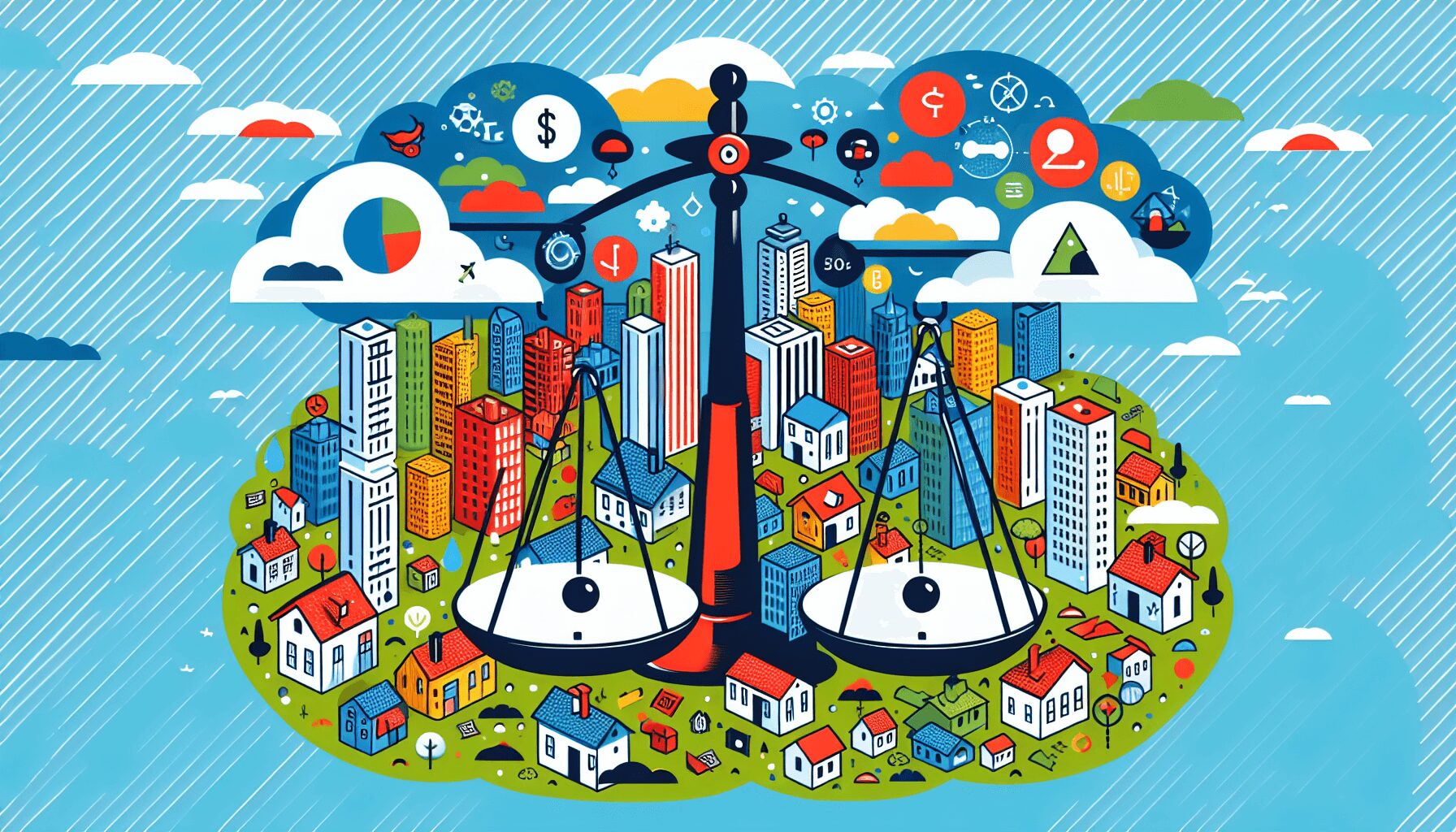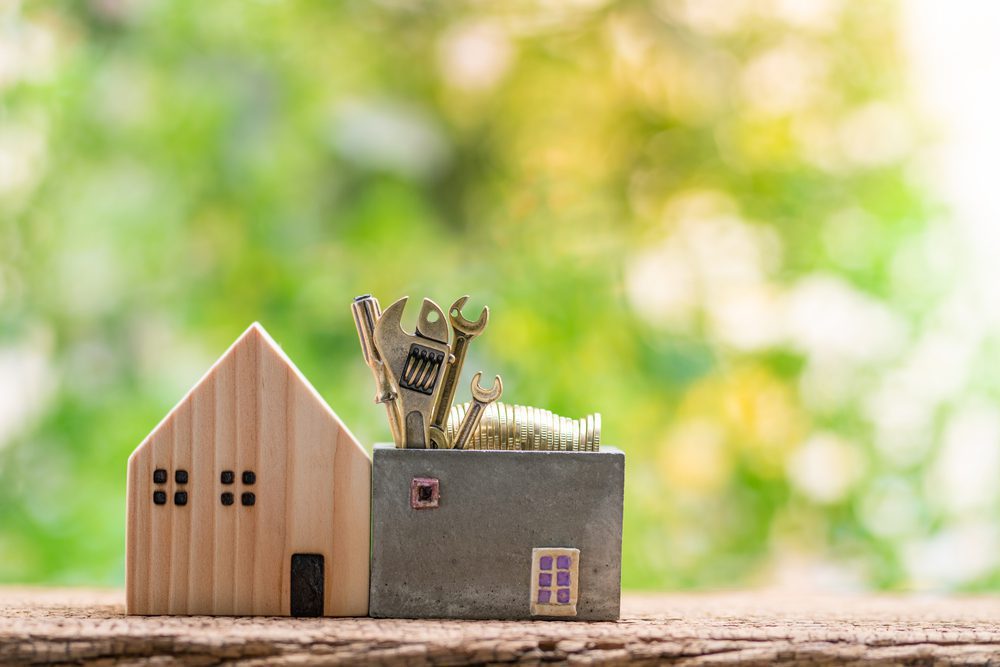Purchasing a home is a significant investment and often a dream come true for many. While homeownership provides a sense of security and stability, it also comes with a significant financial commitment. One of the most significant expenses for first-time homebuyers is the down payment, which is the amount of money you pay upfront toward the purchase price. The size of your down payment can affect the interest rate, monthly mortgage payments, and overall cost of your home. In this article, we will discuss the various options available for down payments and help you determine how much you truly need.
20% is the Rule of Thumb
Many experienced home buyers suggest having a down payment of 20% of the purchase price of the home. For example, if you’re purchasing a $250,000 home, your down payment should be $50,000. However, it’s important to note that you may need a bit more than 20% to cover closing expenses, inspections, appraisals, and other fees.
Options for First-Time Homebuyers
Saving up to 20% of the purchase price can be a daunting task, especially for first-time homebuyers. Fortunately, there are government-backed loans, such as the Federal Housing Administration (FHA) loan, that require as little as 3.5% down. This option makes homeownership more accessible to first-time homebuyers, but it’s important to keep in mind that if you put down less than 20%, you may be required to pay mortgage insurance.
USDA and VA Loans
For those who are purchasing a home in rural areas or are veterans of the armed forces, there are programs available that offer 0% down payment options. The United States Department of Agriculture (USDA) loan is available for those purchasing a home for use as farmland, while the VA loan is available for veterans. Both of these options come with specific qualifications, so be sure to research and understand the requirements before applying.
Considerations When Saving for a Down Payment
While a smaller down payment may seem appealing, it’s essential to consider the long-term implications. A smaller down payment may result in higher monthly mortgage payments and a higher interest rate, increasing the overall cost of your home. It’s crucial to weigh the options and choose the best solution for your financial situation.




